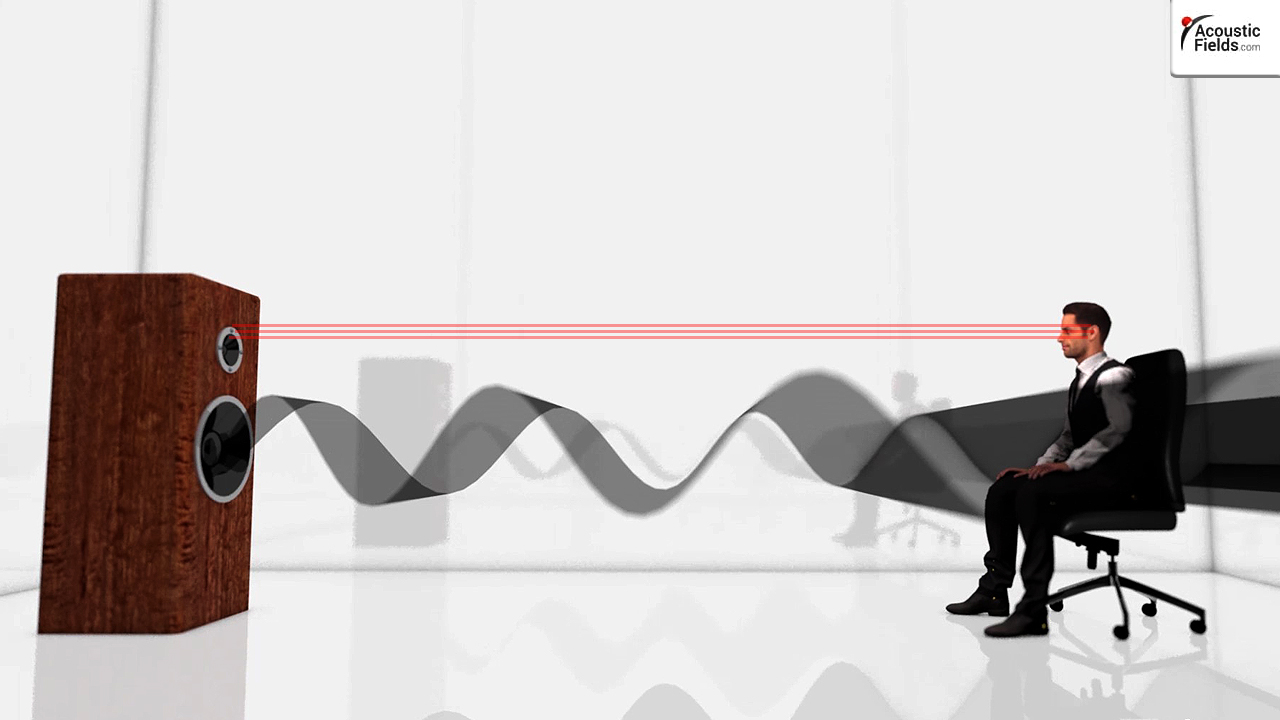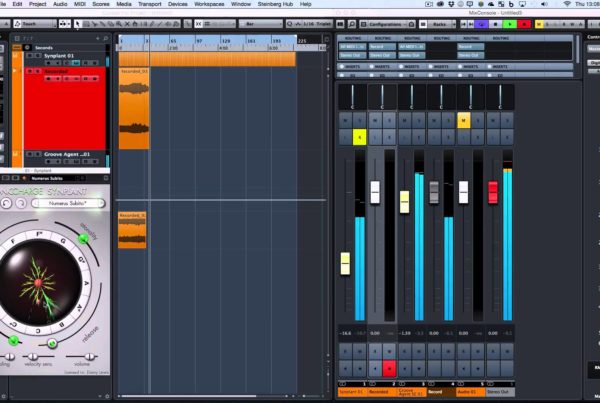Foam sound is a term that people use in search engines, especially Goggle. It is an odd choice and arrangement of words. It is a blend of science and culture. This misuse of terms happens a lot and one can find these interesting search words and phrases by using Goggle keywords and phrases search engine. It is fun sometimes to see how people perceive the science of acoustics and how they use the science nomenclature in unique ways and blend it with culture.
I try and figure out what someone is looking for when they use the search term ” foam sound”. They probably want some type of lightweight, economical, foam material to reduce unwanted room reflections. Maybe the room is too “loud” and they seek to lower the noise floor. I don’t know how they would ask for it at the store. Would they ask for foam sound or sound foam?
They may mean the type of sound that is created when sound strikes the foam. Sound energy does take on the “sound” of certain material types it strikes. If you strike glass with sound energy such as in our vehicles you get “glass sound”. When you strike wood, you get “wood sound” . Wood sound is much better than glass sound. You can test this by sitting and playing your car stereo system for a period of time. Don’t drive the car and perform this test. Stay static, so you don’t have tire, engine, and wind noise created. Stay still, it won’t take long and it definitely will hurt.





